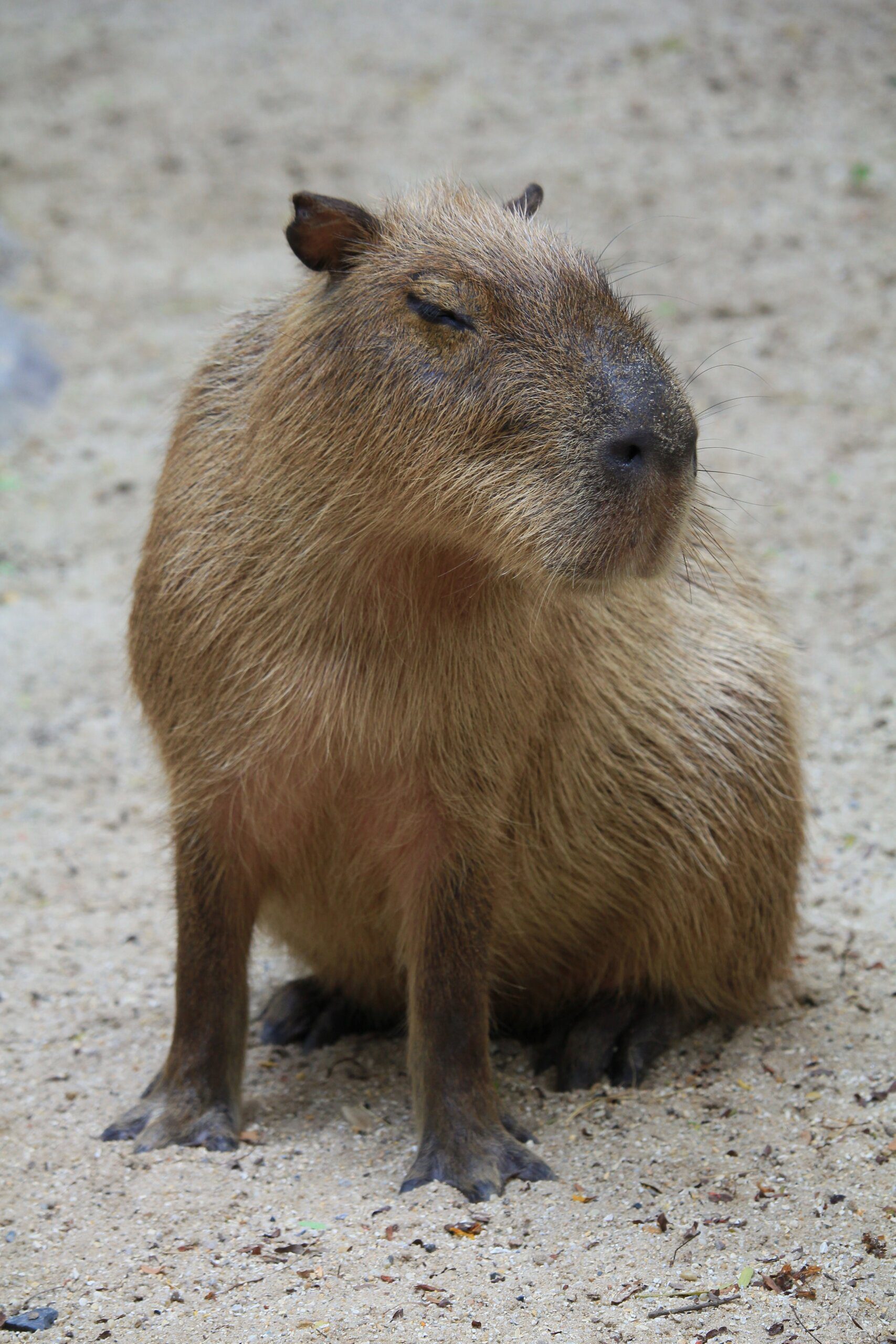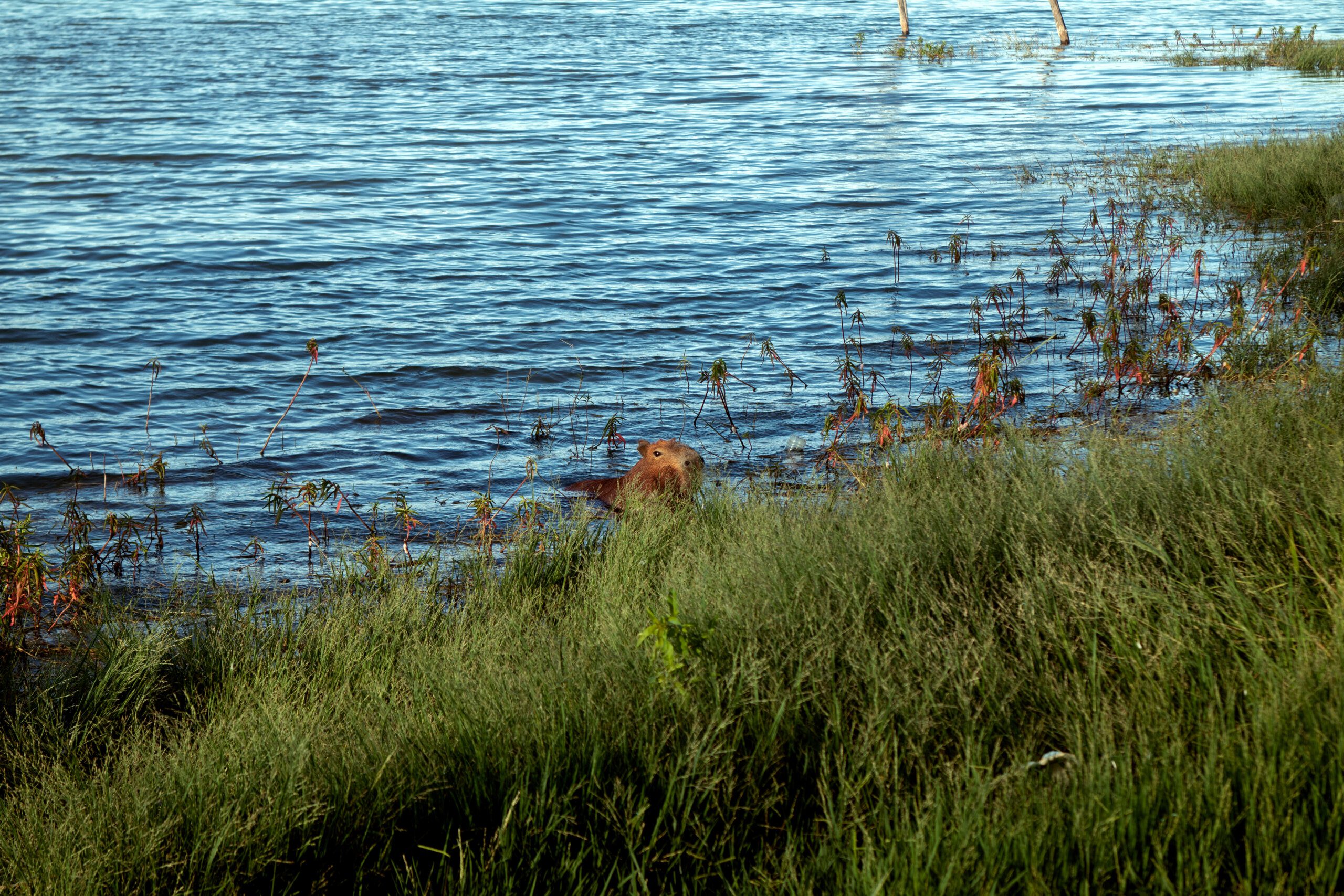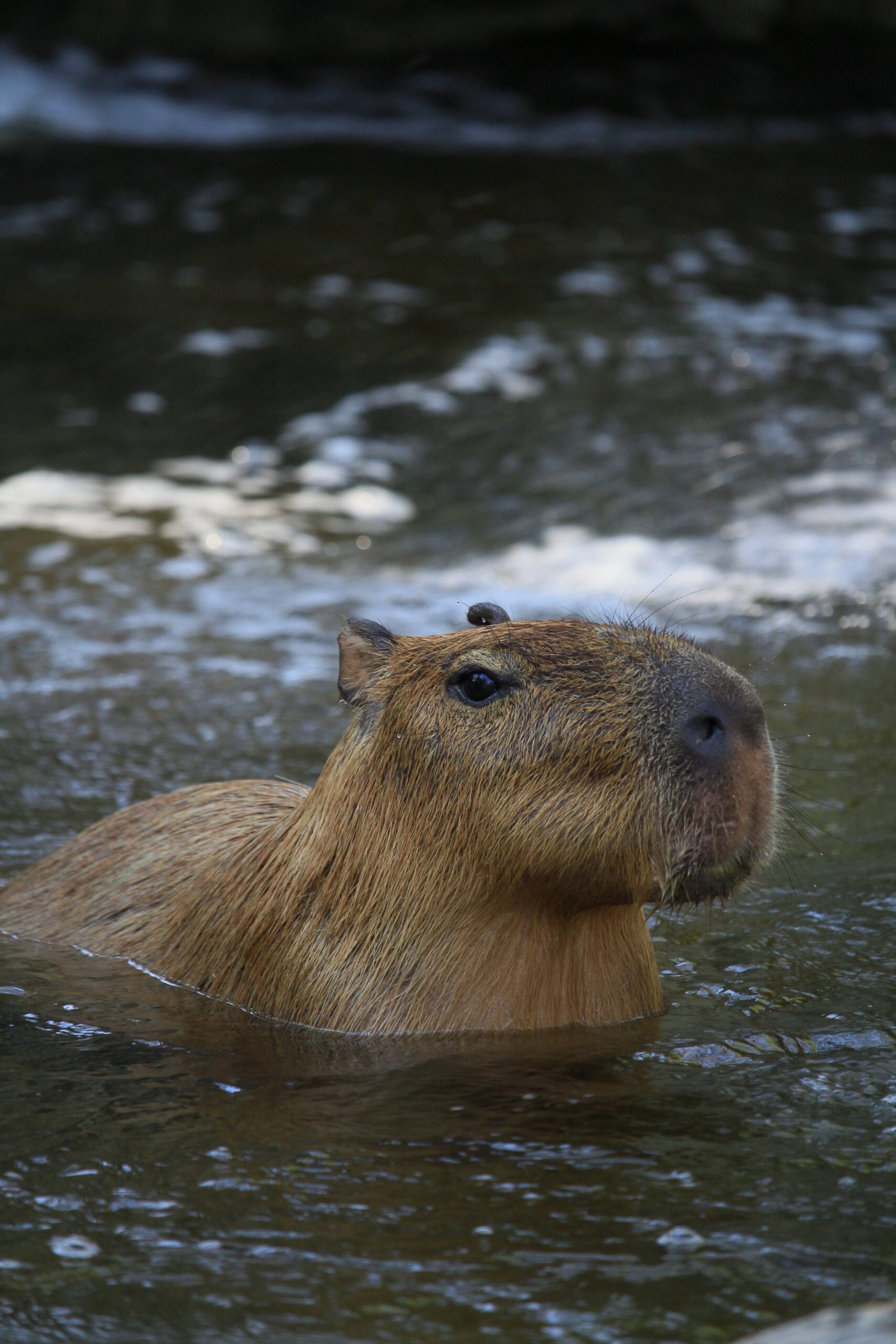If you’ve ever wondered about the legality of having a capybara as a pet in the United States, this article provides the answers you seek. Delving into the question of whether it is legal to keep these large South American rodents as pets, you’ll learn about the intricacies of state and federal laws, as well as regulations set by individual municipalities. So, before you start dreaming about snuggling up with these adorable creatures, let’s find out if it’s legal to have a capybara as a pet in the United States.

Background Information
What is a capybara?
A capybara is the largest rodent in the world and is native to South America. These adorable creatures are known for their semi-aquatic lifestyle and their friendly and gentle nature. Capybaras have a unique appearance, resembling oversized guinea pigs, with round bodies, short legs, and webbed feet. They have a thick, coarse coat that can range in color from light brown to reddish-brown. Capybaras are social animals and often live in groups, making them highly sociable pets.
Why do people want capybaras as pets?
There are several reasons why people find capybaras appealing as pets. First and foremost, their gentle and docile nature makes them great companions. Capybaras are known for their friendliness towards humans and other animals, making them suitable for families with children and other pets. Additionally, their semi-aquatic lifestyle allows them to swim and play in water, which can be entertaining for both the capybara and its owners. Capybaras are also highly intelligent animals, making them trainable and responsive to commands.
Legal Considerations
Laws on exotic pets in the United States
When it comes to owning exotic pets in the United States, the regulations and laws vary from state to state. Generally, exotic pets are classified as any animal that is not commonly kept as a household pet. It is important to be aware of these laws and regulations, as failure to comply can lead to legal consequences.
Definitions of exotic pets
The definition of an exotic pet can vary depending on state laws, but it typically includes animals like capybaras, primates, large cats, bears, and non-human primates. Exotic pets are usually animals that are not domesticated, may pose risks to public safety, or have specific welfare requirements.
Regulations on owning capybaras as pets
As capybaras fall under the category of exotic pets, the regulations regarding their ownership can be quite stringent. In most states, a permit or license is required to own a capybara. These permits often involve background checks, facility inspections, and proof of the owner’s ability to care for the animal’s needs.
State-specific regulations on capybara ownership
It is essential to research the state-specific regulations on capybara ownership before considering them as pets. Some states, like Texas and Florida, allow private ownership of capybaras with the proper permits, while other states may prohibit or strictly regulate their ownership. It is crucial to consult local authorities or exotic pet organizations to understand the specific regulations in your area.

Permitting and Licensing
Federal permits for owning capybaras
In addition to state permits, there may also be federal permits required for owning capybaras. The U.S. Fish and Wildlife Service regulates the import, export, and interstate transportation of many exotic animals, including capybaras. It is essential to contact the appropriate federal agency to determine if any additional permits are necessary.
State permits for owning capybaras
To legally own a capybara, many states require individuals to obtain a specific permit or license. These permits generally involve a thorough application process, which may include background checks, facility inspections, and proof of proper care and housing for the animal. It is important to note that owning a capybara without the necessary permits can result in severe penalties or even the confiscation of the animal.
Zoning and Housing Requirements
Zoning restrictions on keeping capybaras
Aside from permits and licenses, there may be zoning restrictions on keeping capybaras as pets. Zoning ordinances are put in place to regulate land use and can dictate whether or not certain animals, such as capybaras, are allowed to be kept within certain areas. It is crucial to check with local zoning authorities or town ordinances to determine if you are allowed to keep a capybara as a pet in your specific location.
Housing requirements for capybaras as pets
Capybaras require proper and spacious housing that meets their specific needs. While these animals are relatively large, they are still highly active and enjoy swimming and exploring. An adequate enclosure should provide enough space for the capybara to move around freely and should include a pool or water source for them to swim. Additionally, the enclosure should be secure and protected from potential predators.

Health and Safety Concerns
Potential risks of keeping capybaras as pets
While capybaras can be delightful pets, there are some potential risks associated with their ownership. Capybaras are prone to certain health issues, such as dental problems and obesity, which require regular veterinary care. They also have specialized dietary needs that must be met to ensure their overall health and well-being. Additionally, capybaras are strong swimmers and may pose a drowning risk if not provided with a safe and suitable water source.
Healthcare needs and specialized diet of capybaras
Capybaras have specific healthcare needs that owners must be prepared to meet. Regular veterinary check-ups, vaccinations, and dental care are essential to keep these animals healthy. Capybaras also require a specialized diet consisting of high-quality grasses, hay, fresh vegetables, and some fruits. It is crucial to consult with a veterinarian experienced with capybaras to ensure they receive the proper nutrition and care.
Ethical Considerations
Capybara welfare in captivity
When considering capybaras as pets, it is essential to consider their welfare in captivity. Capybaras are social animals that rely on the company of their own kind for mental and emotional well-being. It is recommended to have more than one capybara to promote socialization and prevent loneliness. Adequate mental stimulation, proper housing, and access to a suitable water source are critical to ensure the welfare of capybaras in captivity.
Impact of pet trade on wild capybara populations
The pet trade can have a significant impact on wild capybara populations. Overexploitation for the pet trade can lead to habitat loss, disruption of natural ecosystems, and potential population decline. It is crucial for potential capybara owners to consider the ethical implications of supporting the pet trade and to ensure that any capybara they acquire comes from a reputable and responsible source.
Alternative Options
Similar alternative pets to capybaras
If owning a capybara as a pet is not feasible or permitted, there are several alternative pets that may provide a similar experience. Guinea pigs, rabbits, and rats are smaller rodents that share some behavioral characteristics with capybaras, such as their social nature and intelligence. Additionally, some dog breeds, such as Labradors and Golden Retrievers, are known for their friendly and sociable nature, making them suitable companions for families.
Legal and ethical considerations of alternative pet options
Before considering any alternative pets, it is crucial to research the legal and ethical considerations associated with their ownership. Different states may have varying regulations and restrictions on owning certain animals, even if they are more commonly kept as household pets. It is important to thoroughly understand the specific needs and requirements of any potential pet and to ensure that their ownership aligns with both legal and ethical standards.
In conclusion, owning a capybara as a pet in the United States requires careful consideration of various legal, ethical, and practical factors. Understanding the specific regulations, permit requirements, housing needs, and health considerations is crucial to ensure the well-being of both the capybara and its owners. Alternatives to capybaras also exist, providing similar companionship and enjoyment for those unable to own these unique creatures. Ultimately, responsible pet ownership involves thoughtful research, planning, and a commitment to providing a suitable and safe environment for any animal chosen as a pet.



